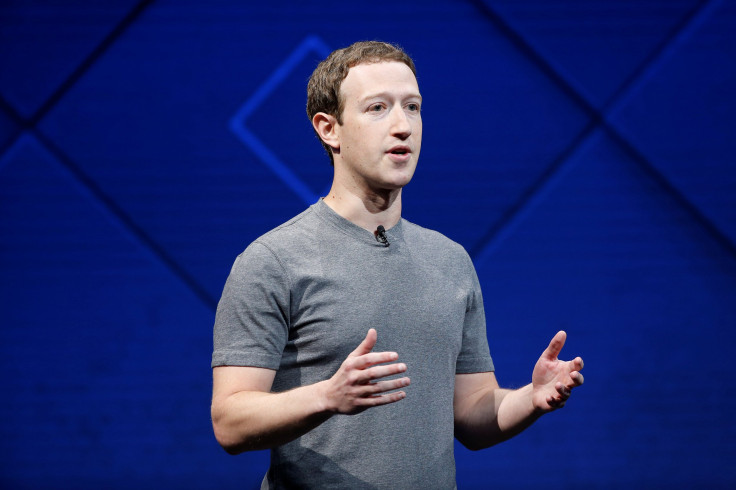After Russian Propaganda Discovery, Facebook Will Manually Review Political, Religious, Race Ads

After Facebook revealed last month 3,000 political ads on its platform traced back to Russian accounts, the company will now manually review every ad that is based on politics, religion, ethnicity or social issues, according to an Axios report.
The propaganda will be assessed before going live, according to an email sent to advertisers seen by Axios. Before the new rule, ads on Facebook were bought and uploaded on the platform through an automated system.
The email from Facebook to advertisers said:
“With this update, we'll be requiring more ads to go through human review. New campaigns with ad sets contain targeting options that we feel warrant additional review (such as those associated with topics such as politics, religion, ethnicity and social issues), we will route them for manual review prior to being approved. In these instances, advertisers are likely to experience a delay prior to the start of ad delivery, although we will look for ways to reduce any potential delays over time."
The email comes after Facebook revealed earlier this week it was hiring 1,000 more people over the next year to manually review ads. Both moves come as Democratic Sens. Mark Warner of Virginia and Amy Klobuchar of Minnesota work on a bill on public disclosure of political ads. The senators said Facebook should disclose ads like radio and TV broadcasters make their advertisements public.
Facebook, as well as Twitter, will reportedly appear before the Senate Intelligence Committee next month to publicly testify on Russian interference during the 2016 presidential election.
Facebook had previously briefed Congress on the matter last month. During that meeting, the social media platform said it discovered $100,000 in ad spending from June 2015 to May 2017, which were linked to the 3,000 ads. The company handed over the information on the ads to FBI Special Counsel Robert Mueller under a search warrant. After criticism from lawmakers over Facebook’s lack of cooperation with the investigation, the company announced late last month it would also give Congress the 3,000 ads.
In an update to the public, Facebook said in a blog post the ads it discovered traced back to nearly 500 inauthentic accounts and pages. The propaganda did not mention the candidate in the presidential election, but did focus on spurring divisive social and political views, from topics like LGBT, race, immigration and the Second Amendment. The targeting of the topics shows why Facebook will now manually reviewing ads based on politics, religion and social issues.
“We understand that Facebook has become an important platform for social and political expression in the US and around the world,” Facebook said in a post this week. “We are focused on developing greater safeguards against malicious interference in elections and strengthening our advertising policies and enforcement to prevent abuse.”
The social media platform said it’s possible it could find more Russian ads from fake accounts and pages. The ads discovered by Facebook reached as many as 10 million Americans, the company said. About half of the propaganda was seen before Election Day last year.
© Copyright IBTimes 2024. All rights reserved.











